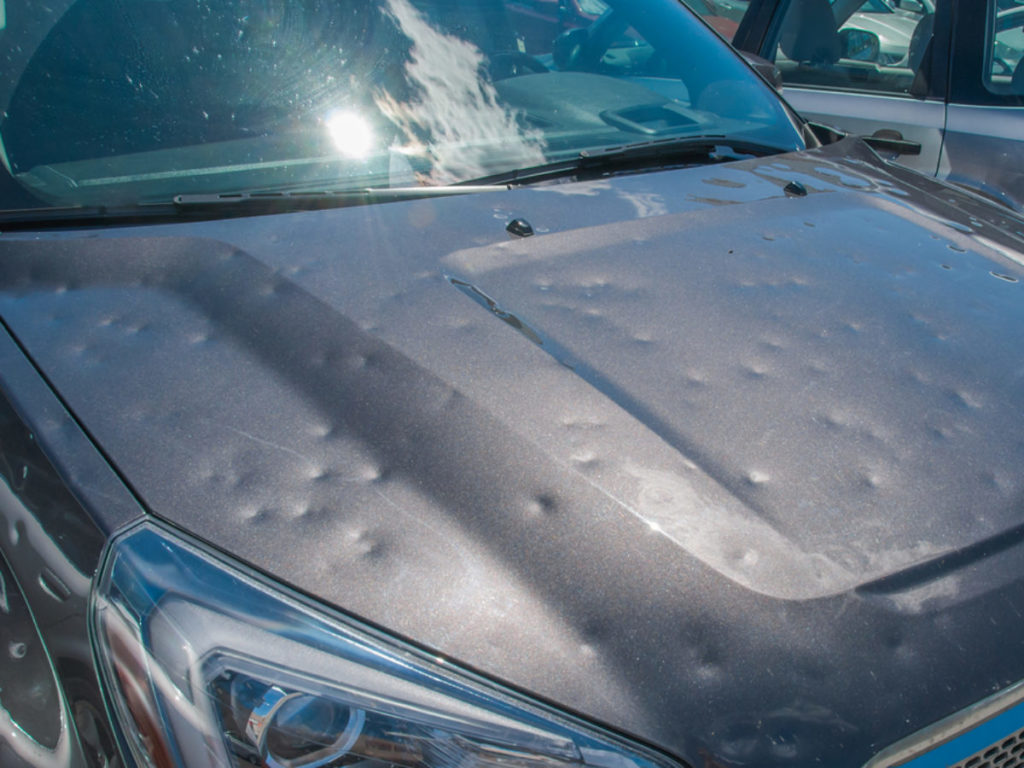3 Things to Know About Hailstorm Vehicle Damage in San Antonio, Texas
If you live in San Antonio, Texas, or surrounding areas, you will know what damage hailstorms cause. An auto hail damage repair in San Antonio is a common occurrence. So, it is just as well that there are repairers out there who are experts in just how to effectively repair vehicles that have suffered this kind of damage.

In this space, we will think about what there is to know about being a motorist in San Antonio where frequent hailstorms are encountered.
The Frequency of Hailstorms in San Antonio
San Antonio in Texas and areas around it have, during the past 10 years, experienced at least 16 hailstorms of note. That is one reported to have involved large hailstones. This is according to the National Weather Service and is something residents will only have been too aware of. If you are a resident here and have not been affected, you will no doubt know someone who has. All these hailstorms can’t possibly have not caused any damage to vehicles and homes.
It was recorded that the largest hailstones experienced from these storms were the size of a softball, although not as soft. These fell close to Helotes and Leon Valley, and also east in Kirby and Alamo Heights. So, there is much to look out for when it comes to weather reports. Not to fear, just to be aware of, because you do have the insurers to compensate you and a means of having your vehicle repaired that is convenient in terms of its turnaround time. We shall talk about it later.
The Size of Hailstones in Texas
Hailstones in Texas have been known to be large. One falling on Hondo, Texas, which is only 40 miles east of San Antonio, broke records as the largest in the state’s history, according to meteorologists of the National Weather Service. It was measured to be 6.4 inches in diameter and weighed 1.26 pounds. This was in April of this year. On the 28th, a thunderstorm would produce what was described as a hailstone of baseball size. So, for those living in San Antonio, it was rather too close for comfort.
The possible size of these hailstones is a cautionary note in terms of making sure that your vehicle is properly insured against such an event and you know who you could turn to should the worst happen to your car. We can only estimate the risk posed to vehicles from such a common occurrence. The best we can do is to protect ourselves financially should a hailstorm affect us.
Innovative Techniques for Repairing Cars Affected by Hailstorms
A technique that is known as Paintless Dent Removal or PDR, which can be applied to vehicles that have been damaged by hailstones in a storm, is available to San Antonio residents. It can be used for removing vehicle dents or dings of varying sizes. It can also handle creases to bodywork caused by the falling of the hailstones. The beauty of this technique is that it will work on both steel and aluminium bodywork.
The main advantages of PDR are its fast turnaround speed of no more than 3 days and the elimination of the need to replace panels or paint because both are preserved using the technique. The time-consuming sanding and repainting process is entirely avoided. These benefits are, of course, passed onto the motorist who will have their car back sooner than with other methods of repair. It is also a cost-effective technique that will benefit insurers and motorists in terms of the reduced repair bills necessary because of the processes used. Where a motorist has insurance, repairers will often stand all or most of the deductible (excess) payable. That is the part that the insured will contribute towards the cost of any claim. In summary, our three things to know with regards to hailstorms in San Antonio, Texas, are that they are frequent, the size of the hailstones can be very damaging to vehicles, and, to come to our rescue, there is a technique known as PDR which means our vehicles can be repaired quicker and more cost-effectively. We just need to have in mind who we can turn to that has the expertise to perform such a service. That will take us back to the top of this article.





